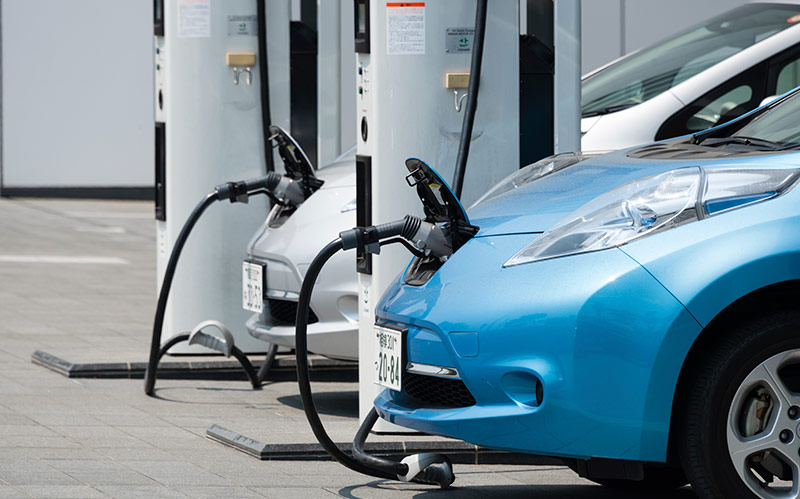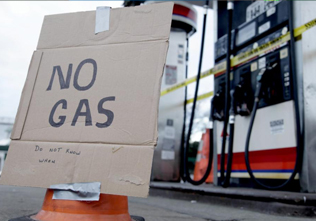There will be more public locations to charge electric cars in the UK than there are petrol stations by the summer of 2020, according to new analysis by Nissan.
Nissan expects gas stations to continue decreasing in number, while more EV charging stations are installed. At the end of 2015, there were just 8,472 fuel stations in the UK, down from 37,539 in 1970. Assuming a steady rate of decline, Nissan predicts that by August 2020 this will fall to under 7,870.
In contrast, the number of public electric vehicle charging locations is expected to reach 7,900 by the same point in time. However, the accelerating adoption of electric vehicles means this crossover may fasten its pace.
More than 75% of UK petrol stations have closed in the last 40 years, whilst the number of electric vehicle charging locations has increased from a few hundred in 2011 to more than 4,100 locations in 2016, as electric car sales take off.
According to Go Ultra Low, the joint government and car industry campaign, more than 115 electric cars were registered every day in the first quarter of 2016, equivalent to one every 13 minutes.
“As electric vehicle sales take off, the charging infrastructure is keeping pace and paving the way for convenient all-electric driving. Combine that with constant improvements in our battery performance and we believe the tipping point for mass EV uptake is upon us,” says Edward Jones, EV Manager, Nissan Motor GB.
Whilst the vast majority of electric vehicle owners charge at home, 98% of UK motorway services have charging stations, including rapid connectors that can charge a LEAF’s battery to 80% in just 30 minutes.
Nissan’s recent partnership with world-renowned architects Foster + Partners, provided a conceptual vision for the Fuel Station of the Future.








